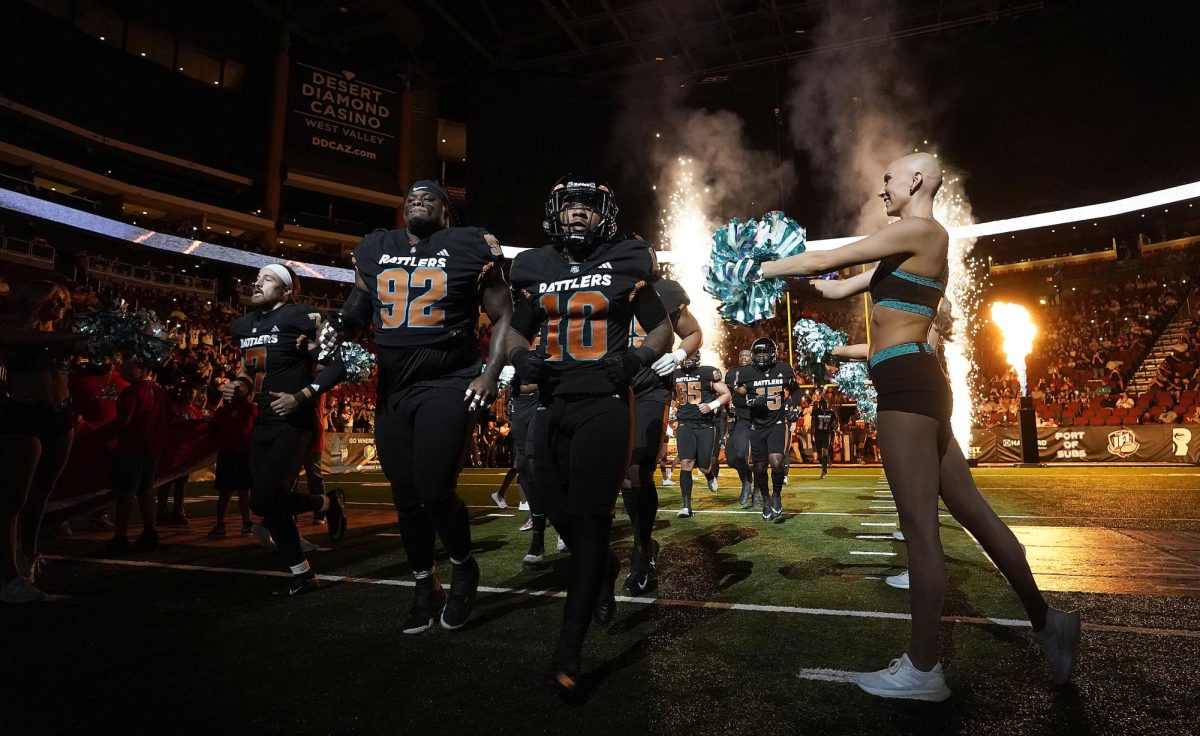One could argue that I’m the “token minority.”
I’m Japanese, part African American and gay; three minorities who, historically, haven’t exactly been known for having the “easy life” here in the United States. There are prejudices I experience from the white heterosexual majority of society, as well as prejudices I experience within these respective communities.
And yet, despite this, I believe I am privileged.
The concept of privilege, as of recent controversies dealing with cop violence against black youths in America, has become conflated and polarized to being exclusively associated with race. We’ve come to associate with a recent vogue term for privilege, “white privilege,” describing a system of unearned racial privilege that white people have in a society that disadvantages people of color.
When we understand “white privilege,” we conceptualize the understated and unjust system of advantages and disadvantages this privilege perpetuates. There’s an explanation as to why white high school drop-outs are more likely to get employed than black college graduates. There’s a reason to why black people are three times more likely to get arrested for drug crimes, despite white people being statistically proven to use more illegal drugs than black people.
It doesn’t take a rocket scientist to know that privilege and unjust oppression aren’t two mutually exclusive terms.
However, there’s an issue to conflating privilege to simply the social constructs of race. It fosters this incorrect idea that when one has racial privilege, they are bullet-proof from discrimination. This constructs a misrepresentative social dichotomy of the blessed and the damned, in relation to privilege.
I believe there exists a more nuanced perspective on privilege: intersectionality.
Intersectionality is a term that was originally coined by University of California, Los Angeles professor, Kimberle Crenshaw during the ’90s. The term acknowledges that privilege isn’t just limited to race; privilege exists in many different forms. There are a variety of privileges that we don’t earn and yet, enjoy.
These privileges exist in the form of race, citizenship, economic class, sexual orientation, gender identity, ability, physical attractiveness and even body type. While it is the stereotype that heterosexual white males are the most privileged, intersectionality calls into question this concept.
What if he was a disabled? What if he was born into poverty? What if he was physically unattractive?
Is it still ethical to say that while he enjoys “white privilege” as a white person, and “male privilege” as a male, that he is immune to hardship?
Intersectionality of privileges introduces this idea that privilege affects all of us relatively. Someone who is a white female and is physically handicapped will probably not experience the same discrimination that an able-bodied black man would. The important fact noting is that both people have privileges over one another and both people will experience discrimination, albeit in different ways. We are all privileged, but also experience disadvantages that the respective lack of certain privileges confers to all of us.
However, how can we translate this awareness into action? Does having privilege entail some sort of responsibility?
Doreen Mattingly, associate professor of women’s studies, said that privilege comes with a dutiful responsibility to be conscious of one’s said privileges.
“I definitely think having privilege comes with a responsibility of being conscious of it,” Mattingly said, “Now, how that consciousness of privilege translates into action, it really just depends. Sometimes, it’s not assuming that you know where another person is coming from. I think it requires more humility than help.”
Acknowledging the privileges we enjoy doesn’t mean we have to be apologetic for them. Accepting privilege, checking it and knowing you enjoy these privileges you didn’t earn, fosters empathy for one another.
“White privilege” is a small cog in a large machine that perpetrates oppression based on these factors. Checking our privileges is in knowing that we all have a story that can’t be represented by just race. While we know that historically, it’s been always better to be white, discrimination exists in as many different forms as the different privileges we have. Acknowledging and being aware that we all hold different privileges, perhaps can lead to the end of this unjust system.
It’s easy to fall into the trap of seeing the privileges and systems of oppressions in place and get discouraged, but I’m beginning to see the many ways that I am privileged.
I’m privileged in identifying with my biologically assigned gender. I’m privileged with good health. I’m privileged in being able to attend college. I’m privileged in being able-bodied. I am privileged in these ways and many more.
We may not all be privileged as others are, but we mustn’t let this discourage us. We have no right to the cards we believe we should have been dealt. We see, through intersectionality, that we all have different cards; different advantages and disadvantages.
And, it’s up to us to ferociously play the cards we’re holding.











